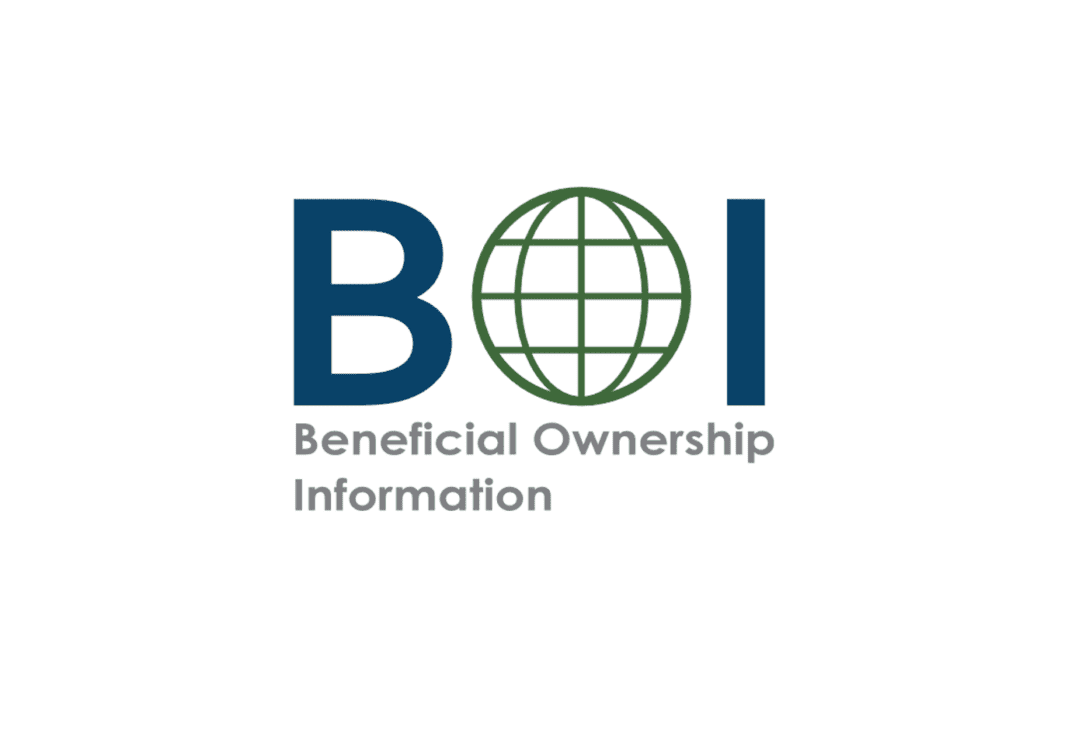The International Consortium of Investigative Journalists (ICIJ) has reported on the contentious launch of the U.S. Beneficial Ownership Information (BOI) registry, a key tool in the fight against money laundering and illicit financial flows. This development comes as a delayed response compared to similar measures in other Western jurisdictions, particularly in the EU, where beneficial ownership registers have been in place for years.
Introduced by the Financial Crimes Enforcement Network (FinCEN) of the U.S. Treasury Department on January 1, the registry is designed to unmask the owners of anonymous shell companies, a common method used by criminals to disguise illegal funds and activities. Within a week of its launch, over 100,000 U.S. companies had submitted their ownership information, a move Treasury Secretary Janet Yellen described as closing a loophole in the U.S. financial system.
The law states that a firm will only break the law when it “willfully” fails to report ownership information into the database. Fraudsters already us the new BOI tool for their illicit purposes. FinCEN issued a warning that fraudsters are targeting individuals and entities potentially under the BOI’s reporting obligations. They urge the victims to click a malicious URL or scan a QR code.
The registry’s inception has not been without controversy. Criticism from business groups and political allies, particularly a Republican-led committee in the U.S. House of Representatives, has created confusion among business owners. The committee’s statements, which include claims of onerous regulations and potential criminal penalties for non-compliance, have been challenged by advocates like Gary Kalman of Transparency International and Erica Hanichak of the FACT Coalition. They argue that such claims are misleading, and criminal penalties would only apply in cases of willful failure to report information.
Despite the political pushback, the registry marks a significant step in aligning the U.S. with international standards in combating financial crimes. Its implementation, though delayed and now politically contentious, signals a vital shift in the U.S.’s approach to financial transparency.
